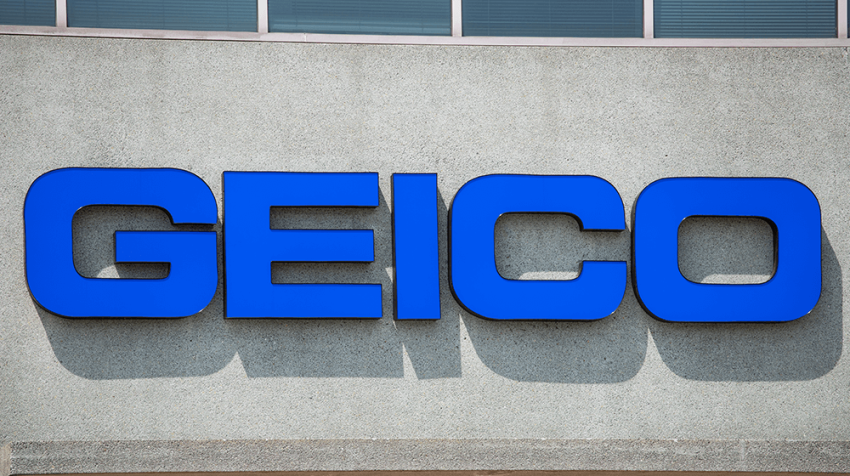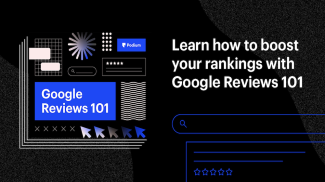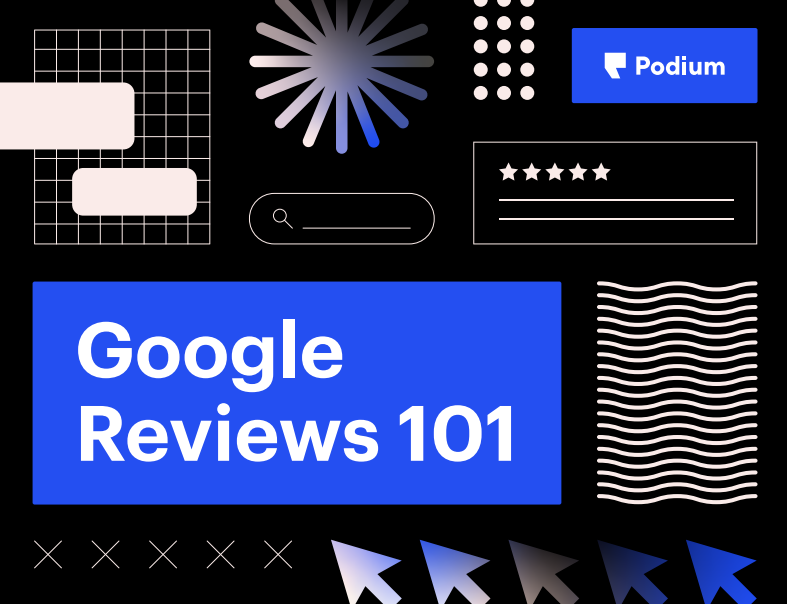A small business is defined as an enterprise with fewer than 500 employees. According to the U.S. Small Business Administration, there are more than 31 million small businesses in the United States, making up 99.7% of all businesses in the country. Running a small business is not easy, and one of the many challenges that owners face is finding affordable and comprehensive insurance coverage.
This article discusses what type of insurance a small business needs and lists 10 of the best small business insurance companies so you can pick the one that’s right for you. We will also answer some common questions about insurance for small companies.
By the end of this article, you should have a good understanding of the different types of small business insurance and which small business insurance company will offer you the best coverage.
What Type of Insurance Does a Small Business Need?
There is no one-size-fits-all answer to this question, as the type of business insurance coverage a small business needs depends on the specific industry and risks involved. However, there are some types of commercial insurance you may need such as:
- General liability insurance
- Professional liability insurance
- Business property insurance (BOP)
- Commercial auto insurance
- Cyber liability insurance
- Workers compensation insurance
- Business interruption insurance
Best Insurance Companies for Small Business
Small business insurance coverages can be obtained from a variety of insurance companies. The following are ten of the best insurance providers for small businesses, based on factors such as coverage options and business insurance benefits, such as customer service and lower pricing. Types of coverage, limits, and deductibles vary by company and should be carefully reviewed before selecting a policy.
1. State Farm
State Farm is one of the largest and most well-known insurance companies in the United States. They offer a wide range of insurance products for business owners, including employment practices liability insurance, general liability insurance, and workers’ compensation. Plus, they let you add professional liability coverage to their BOP coverage.
Good for: Businesses that prefer a human touch.
Pros:
- Offers a business owners policy
- Available in all 50 states
- Offers a retirement savings plan
- Has industry-specific packages
Cons:
- Discounts are not available in all states
- There are limited online capabilities for each policy
- Complaints of claims denied
2. Geico
This insurance provider with the little gecko as a mascot offers a wide range of commercial insurance products, including business owners’ policies, workers’ compensation and business interruption insurance. And as far as getting small business insurance online without a hassle, Geico is known for its affordable rates and easy-to-use online platform.
Good for: Businesses that want to save money.
Pros:
- Discounts are available if you bundle your services
- Low complaints from customers
- Above-average customer satisfaction
Cons:
- Uses a third-party insurer to back business claims
- Can’t file a claim directly through Geico
3. Chubb
Chubb is a good option for commercial insurance since they offer types of coverage that you won’t always find included in BOPs, such as business interruption insurance, extra expense coverage and coverage for accounts receivable. Additionally, you can get cyber insurance, along with a policy for a hard-to-place industry.
Good for: Businesses that have difficulty finding insurance.
Pros:
- Business insurance coverage for a wide range of different industries
- Small companies can get a home business discount
- In-house claims
- Startup friendly
Cons:
- Can’t get an estimate without providing detailed information
4. The Hartford
The Hartford offers business insurance, including business income insurance, to companies in more than 60 different industries. You can also purchase liability insurance worth up to $2 million. Everything from data breach insurance to workers’ compensation policies is available, including liquor liability insurance.
Good for: Small companies that need $2 million or less in coverage.
Pros:
- Policies can be customized
- Pick from a wide variety of insurance options for small businesses
- BOP features business interruption insurance
Cons:
- Must talk to an agent to finalize the policy
- If you need more than $2 million in insurance, you’ll have to look elsewhere
5. Nationwide
Nationwide is one of the largest insurance providers in the country. They give you the option of calling an agent or getting your own quote together online in about 30 minutes. Nationwide covers a wide variety of businesses, including wholesale, service, retail, office, food and auto. You can get a policy that covers cyber liability, inland marine insurance and builder’s risk insurance.
Good for: Businesses that need multiple types of insurance.
Pros:
- Figure out what policies you need with their online coverage assistant
- Receives fewer complaints than expected for an insurer of their size
- Provides a good resource for employee benefits
Cons:
- Speaking to an agent is required to get a policy
6. Progressive
Progressive is a fantastic choice if all you need is insurance for your company’s automobiles. Once you spread out into other business policies, however, you need to be aware that Progressive offers these plans through a third-party insurer. If commercial car insurance is what you’re looking for, Progressive covers cars, SUVs, dump trucks, box trucks, tow trucks, pickup trucks, tractor-trailers, limousines, buses, motor homes and RVs.
Good for: Businesses that need commercial auto insurance.
Pros:
- Commercial automobile insurance comes with roadside assistance
- Held the largest share of commercial automobile insurance policies in 2021
- Offers specialized insurance for truckers
Cons:
- Offers other business insurance through third-party vendors
- You’ll file any necessary non-auto claims through a third party instead of Progressive
7. Hiscox
Hiscox first started business in 1901, so you know they’re going to be around for the long haul. They also provide commercial coverage, including professional liability coverage, in 14 countries and in 49 states. They offer customized solutions for more than 180 different industries, including acupuncturists, janitors, therapists, consultants, fitness instructors and salons. One interesting thing to note is that Hiscox writes all the business policies offered by Geico.
Good for: Businesses in a niche industry.
Pros:
- Hiscox is a large international insurer
- You can get a business policy in 49 states (excludes Alaska)
- Offers policies for micro-businesses
Cons:
- Only offers nine U.S.-based offices
8. Travelers
Travelers has been selling insurance since 1864. They currently offer insurance policies to more than 40 different business types such as public entities, retail, construction, manufacturing, and transportation. The price of each policy varies by industry, and you can get workers’ comp, surety bonds, cyber liability and commercial auto insurance.
Good for: Businesses that operate internationally.
Pros:
- Has written the second-highest number of commercial property coverage
- A++ rating from AM Best
- Offers insurance to more than 40 different industries
Cons:
- Features and pricing depend on the specific industry you work in
9. Liberty Mutual Insurance
Liberty Mutual can help a large number of industries, which makes them a good bet for most companies. They split these into 12 specific categories, including wholesale, real estate, healthcare, financial institutions, public entities and construction. Among their different business policies are workers’ compensation, umbrella coverage, inland marine, equipment breakdown and auto coverage.
Good for: Businesses that need business owners’ policies.
Pros:
- 24-hour assistance with claims
- Use the app or go online to file a claim
- Best insurer for business owners’ policies
Cons:
- Independent agents service Liberty Mutual’s policies
10. CNA
Do you run an online business? If so, you’ll definitely want to check out CNA before you choose an insurance provider. CNA stands apart from the rest of the crowd due to its three different cyber insurance options. They cover more than 180 business types that are separated into the following industries: technology, real estate, professional services, manufacturing, life sciences, law firms, healthcare, financial institutions and construction.
Good for: Businesses that operate online.
Pros:
- CNA specializes in offering business policies
- CNA has the eighth largest insurance platform in the US
- They provide coverage to small, mid, and large small businesses
Cons:
- CNA’s quote generator doesn’t always work
How to Choose the Best Company for Your Business Insurance Policies
Choosing the best business insurance policies isn’t easy, especially when you’re one of the small business owners who work in an unusual field. Fortunately, there are some good tips you can utilize to help you narrow down your choices.
Understand Your Specific Industry’s Risks
You must carefully consider your industry and what risk types you’re most likely to face. This will help you decide what types of insurance to purchase.
Read Through Your Offered Policies Very Carefully
Each policy will have its own specific deductibles, limits, exclusions and premiums. Therefore, it’s vital that you set aside enough time to read through the policies in full before you make a decision.
Be Sure to Consider What Type of Insurance Policies Are Legally Required
Each state and specific industry will have an effect on what types of policies you’re legally required to hold. Be sure to acquaint yourself with what you’ll need to make certain you purchase it.
Become Well-Acquainted with the Various Types of Insurance
There are many, many different types of coverage available. These policies include – but are not limited to—generally liability insurance, BOP and commercial property insurance. Know the basics of each policy type before you begin to look at policies.
Choose the Level of Coverage Over the Cost
Although it’s understandable to try to cut corners, the last place you should do this is with your insurance coverage. Rather than go with a little-known company to save money, make sure you stick with a bigger, better-known insurer.
How much is small business insurance?
If you are wondering how much does business insurance cost? The median cost for general liability coverage is $500 per year. Additionally, a BOP will cost approximately $636 annually. Your business income and exact needs can make these prices go higher or lower. Either way, make sure you can always pay premiums to remain covered.
What is the best commercial auto insurance company for a small business?
Progressive offers small businesses automobile insurance for an impressive list of autos, including cars, SUVs, dump trucks, box trucks, tow trucks, pickup trucks, tractor-trailers, limousines, buses, motor homes and RVs.
What is the best commercial property insurance company for a small business?
Chubb has the best overall commercial property insurance for small businesses. They offer BOP options that can’t be found elsewhere, and they’re also friendly to many industries that otherwise couldn’t find coverage.
Image: Depositphotos








